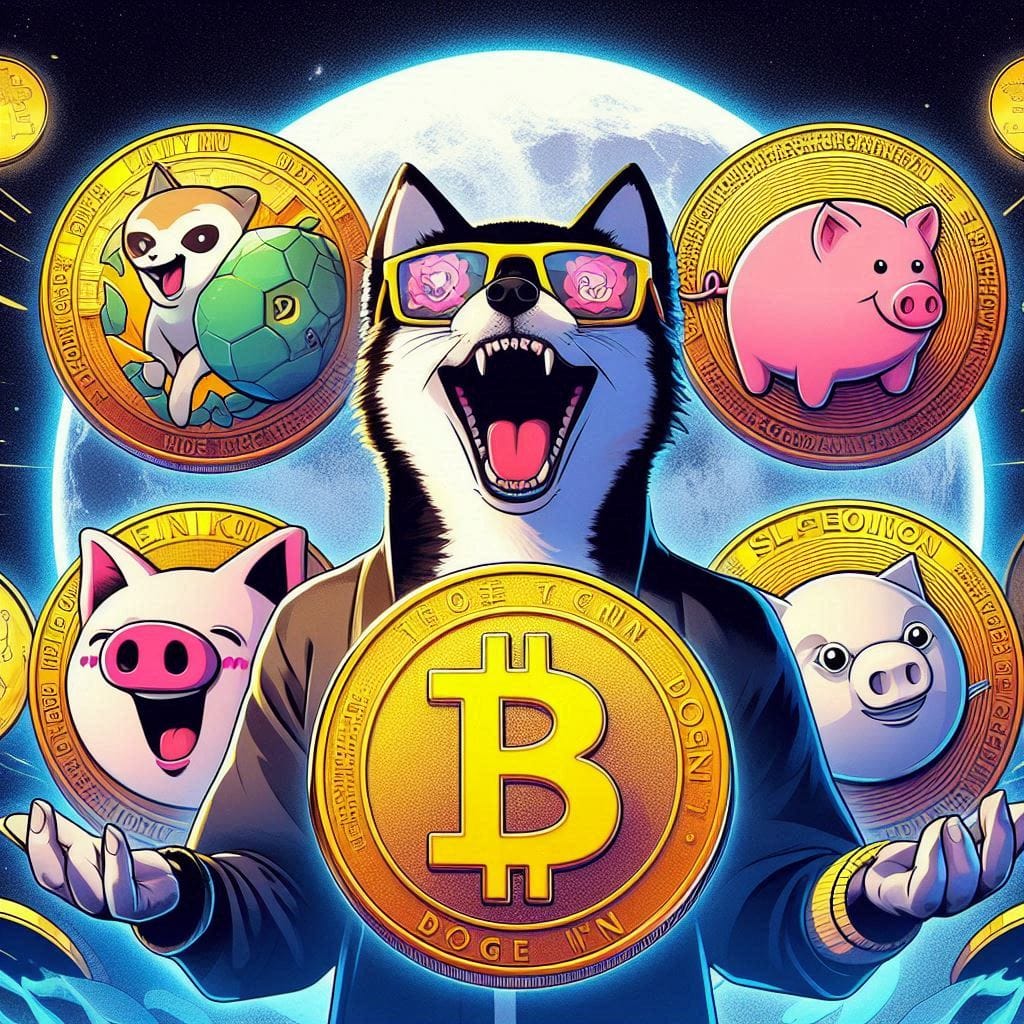Monero P2P trading platform closes and raises concerns within the community of cryptocurrency users who value privacy.
The closure of this significant platform, which had long been a hub for Monero enthusiasts, underscores the challenges and risks facing decentralized exchanges in today’s evolving regulatory landscape.
Monero has gained popularity as a privacy-focused cryptocurrency due to its ability to provide secure and anonymous transactions, making it a preferred choice for users prioritizing privacy.
However, the platform’s closure was attributed to a mix of factors, including increased regulatory pressures, operational challenges, and security vulnerabilities.
This development impacts Monero’s market liquidity and raises questions about the future of decentralized platforms.
We will look into the reasons behind the shutdown, its effect on the Monero community, and the potential future of decentralized cryptocurrency trading platforms in an ever-changing environment.
Understanding Monero and P2P Trading Platforms
Monero (XMR) is a privacy-centric cryptocurrency that aims to provide secure, untraceable, and fungible transactions.
Monero (XMR):
Unlike Bitcoin, which offers pseudo-anonymity, Monero employs advanced cryptographic techniques like Ring Signatures, Ring Confidential Transactions (RingCT), and stealth addresses to ensure transaction privacy. These features make Monero a popular choice among individuals prioritizing financial privacy and anonymity.
P2P Trading Platforms:
Peer-to-peer (P2P) trading platforms enable direct transactions between buyers and sellers without intermediaries, providing a decentralized alternative to traditional exchanges. For privacy-focused cryptocurrencies like Monero, P2P platforms create an environment aligned with users’ desire for anonymity, often offering secure escrow systems, reputation-based trading, and end-to-end encrypted communication.
The Platform’s History:
The platform emerged as a significant player in Monero trading, providing a space where like-minded users could trade directly and securely. Its ease of use and privacy-centric features quickly attracted a loyal user base, making it a critical node in the Monero trading ecosystem. However, its recent closure has left a noticeable gap, compelling traders to seek alternative venues.
Monero P2P Trading Platform Closes Because of Presure Regarding privacy focused trading.
Increased regulatory scrutiny on cryptocurrencies has created a challenging environment for decentralized platforms. Many governments are pushing for tighter controls on crypto exchanges to curb illicit activities.
Regulatory Pressures:
The P2P Monero platform was under immense pressure due to its association with privacy-focused trading. Compliance requirements, such as know-your-customer (KYC) regulations and anti-money laundering (AML) policies, posed significant challenges, prompting the platform’s operators to shut down rather than compromise their values or face legal consequences.
Operational Challenges:
Decentralized platforms require robust infrastructure to handle transactions securely and efficiently. However, maintaining such infrastructure has significant operational challenges, including server management, user support, and technical updates. The Monero P2P platform struggled to keep up with increasing operational demands, particularly as its user base grew. Technical glitches, insufficient resources, and increasing server costs further strained the platform’s sustainability.
Security Concerns:
Security is paramount in any trading platform, but decentralized exchanges face unique challenges. The Monero platform had to combat various security threats, including scams, hacks, and fraudulent listings. Despite employing security measures like escrow systems and reputation-based trading, malicious actors still exploited vulnerabilities. Rising security issues compromised user funds and eroded trust in the platform, accelerating its decline.
Impact on the Monero Community
Liquidity Challenges:
The closure of the P2P trading platform has affected Monero’s liquidity, particularly in the P2P market segment. With fewer active marketplaces supporting Monero, traders have experienced challenges finding reliable platforms, which has reduced trading activity and liquidity. This decline makes it harder for buyers and sellers to conduct transactions quickly and at favourable prices.
Alternative Trading Solutions:
Despite the closure, Monero trading continues through various other avenues. Decentralized exchanges (DEXs) like Bisq and open-source platforms like LocalMonero offer alternative trading solutions. Centralized exchanges (CEXs) like Kraken and Binance also facilitate Monero trading, albeit with varying degrees of privacy. OTC (over-the-counter) markets and private trading networks also provide options for traders seeking more personalized trading experiences.
User Trust and Confidence:
The sudden shutdown has shaken user confidence in decentralized platforms, particularly those prioritizing privacy over compliance. Many users have expressed concerns about the reliability and security of P2P platforms, prompting a shift towards more regulated exchanges or private trading networks. Restoring user trust will require significant improvements in platform security, transparency, and regulatory compliance.
Parrot Bamboo said at Binance Square:
📣 LocalMonero, the largest peer-to-peer Monero trading platform, announced that it is closing after approximately 7 years of operation. $XMR
The Future of Decentralized Cryptocurrency Platforms
Regulatory Compliance:
For decentralized platforms, regulatory compliance is still a major obstacle. A careful balance must be struck between navigating changing international rules and protecting user privacy.
Platforms must adopt innovative compliance strategies, such as decentralized KYC protocols or community-driven governance models, to remain operational without compromising their core values.
Security Innovations:
Security innovations must be prioritized on decentralized platforms to avert security breaches and restore confidence.
Implementing advanced encryption, multi-signature wallets, and decentralized identity verification can enhance platform security.
Additionally, community-based security audits and bug bounty programs can help identify and address vulnerabilities proactively.
Decentralized Exchange Development:
The growth of decentralized exchanges (DEXs) signifies shifting towards a more secure and user-centric trading model. DEXs like Uniswap and Bisq are gaining traction due to their non-custodial nature and robust security features. However, challenges such as low liquidity, user experience issues, and regulatory uncertainty still hinder their widespread adoption.
Improving cross-chain interoperability, incentivizing liquidity providers, and simplifying user interfaces could accelerate DEX development.
Final Thoughts and FAQ:
The closure of a prominent Monero P2P trading platform has highlighted the complexities and challenges of operating in a rapidly changing regulatory environment. While privacy-centric cryptocurrencies like Monero appeal to users seeking anonymity, platforms supporting these currencies must navigate a delicate balance between compliance and user privacy. The shutdown has affected Monero’s liquidity and raised concerns within the community, but alternatives such as decentralized exchanges and private trading networks still offer viable trading solutions. Moving forward, decentralized platforms must prioritize security, compliance, and innovation to regain user trust and continue providing safe, reliable environments for peer-to-peer trading. The future of decentralized trading depends on striking the right balance between privacy, security, and adaptability to an evolving regulatory landscape.
FAQs
Q.: Why did the Monero P2P trading platform close?
A.: The platform cited regulatory pressures, security concerns, and operational challenges as primary reasons.
Q.: What alternatives exist for Monero P2P trading?
A.: Decentralized exchanges (DEXs) like Bisq and other P2P platforms still support Monero trading.
Q.: How does this closure affect Monero trading?
A.: It may reduce liquidity and impact confidence in P2P platforms.
Q.: What makes Monero unique among cryptocurrencies?
A.:Monero is known for its strong privacy features, such as RingCT and stealth addresses.
Q.: Is Monero still safe to trade?
A.: Yes, trading Monero remains safe, provided users utilize trusted platforms with robust security features.




 Crypto2 years ago
Crypto2 years ago
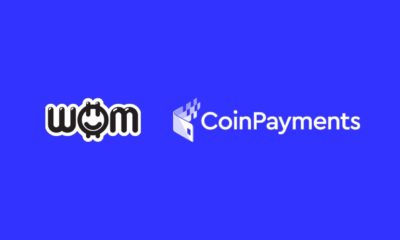

 Blockchain4 years ago
Blockchain4 years ago
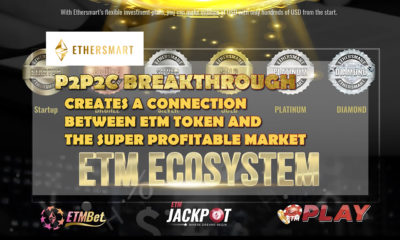

 Press Release4 years ago
Press Release4 years ago


 Press Release4 years ago
Press Release4 years ago


 Blockchain4 years ago
Blockchain4 years ago
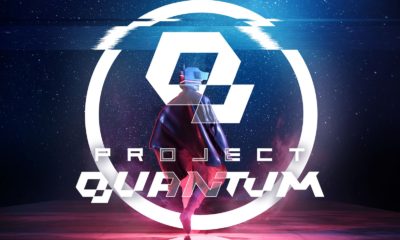

 Press Release3 years ago
Press Release3 years ago
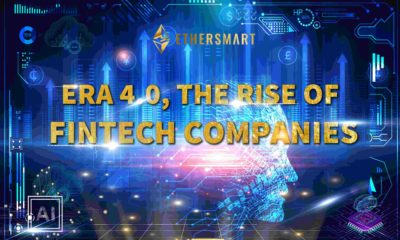

 Press Release4 years ago
Press Release4 years ago
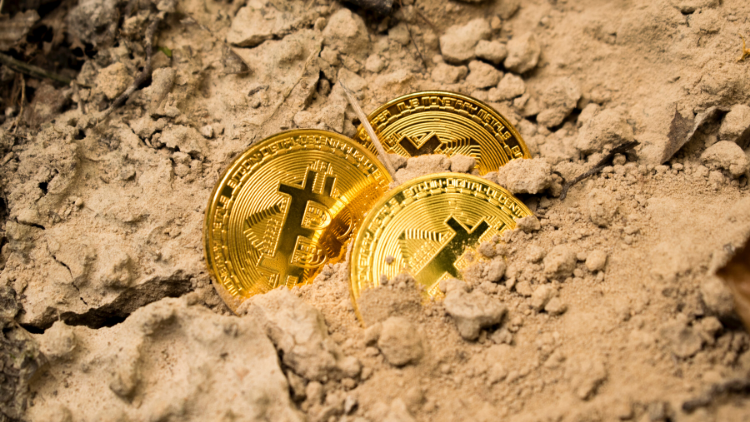

 Blockchain4 years ago
Blockchain4 years ago





